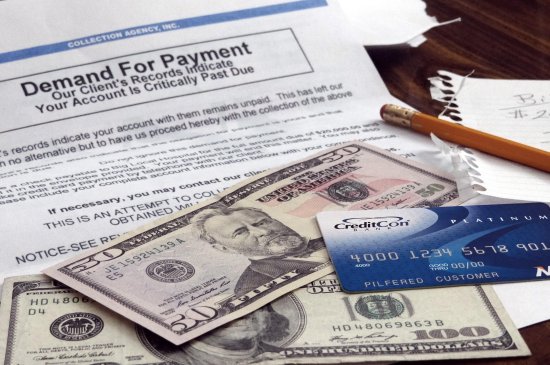
Are you in over your head?
For many consumers, the $16k of debt is far too much for them to handle. And remember, that's just an average, and it can weigh differently on different households. For some people, $2,000 of credit card debt can be overly burdensome while, for others, $20k is no big deal based on their income and other debt. And it's not just the balance that matters but the interest rate and payment terms.
If you are in too deep, how did it happen?
There are several reasons that people get in over their heads with credit card debt. It doesn't get happen out of the blue – it's the result of a series of choices and consequences. Do any of these sound like you?
Lifestyle choices: Does the lifestyle you want to live exceed what you can afford based on your earnings? When people can't afford things they want with the cash they have on hand, they may indulge in credit spending.
Mental health issues: Do you have a compulsive disorder? Or perhaps manic depression or bipolar disorder? These and other mental health problems can manifest symptoms of compulsive spending that can get out of hand quickly.
Overcommitting: Are you a person who struggles to say no? Maybe you don't want to tell your kids they can't have the latest video game system or that you can't go to the movies. Or maybe you're the person people call when they need help, and you rack up credit helping them.
Medical crisis: Have you or a loved one had a medical emergency? A serious accident or illness can leave you with a pile of medical bills. You may swipe your card for copays, to purchase medication or help cover bills and expenses. You may struggle further if medical issues keep you out of work.
Unemployment: Have you or a loved one spent prolonged time out of work? Many people turn to plastic to cover expenses if they don't have enough savings to see them through a bout of unemployment. You may think it's okay because you'll just pay it off once you have your new job, but then weeks without a job turn to months and the bills keep piling up.
Financial emergency: Have you had a financial crisis? Sometimes things crop up that force us to max out our credit cards all at once. Did your A/C unit die in the heat of summer? Or your heater right in the middle of winter? A major home or auto repair can push your credit card up to or over the limit and make life hard.
What can you do about your excess credit card debt?
If your credit cards are maxed out, but all your other bills are current, you should be able to belt-tighten and handle the debt. Quit eating out, reduce your cable, brown bag it for lunch, and put all the money you can toward your highest-interest card to eliminate the debt. Then move on to the next highest interest rate card until you have them all at a zero balance. Then try not to carry any balances month to month.
Please read the original post on our affiliate site, BillsBills.com
